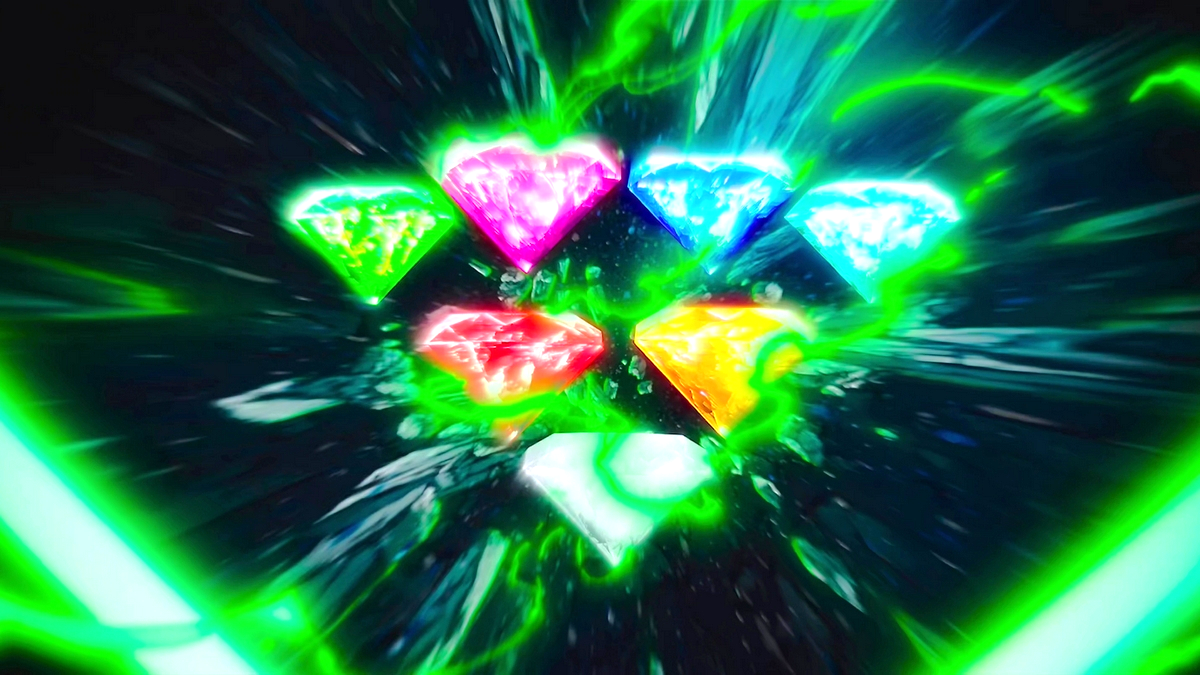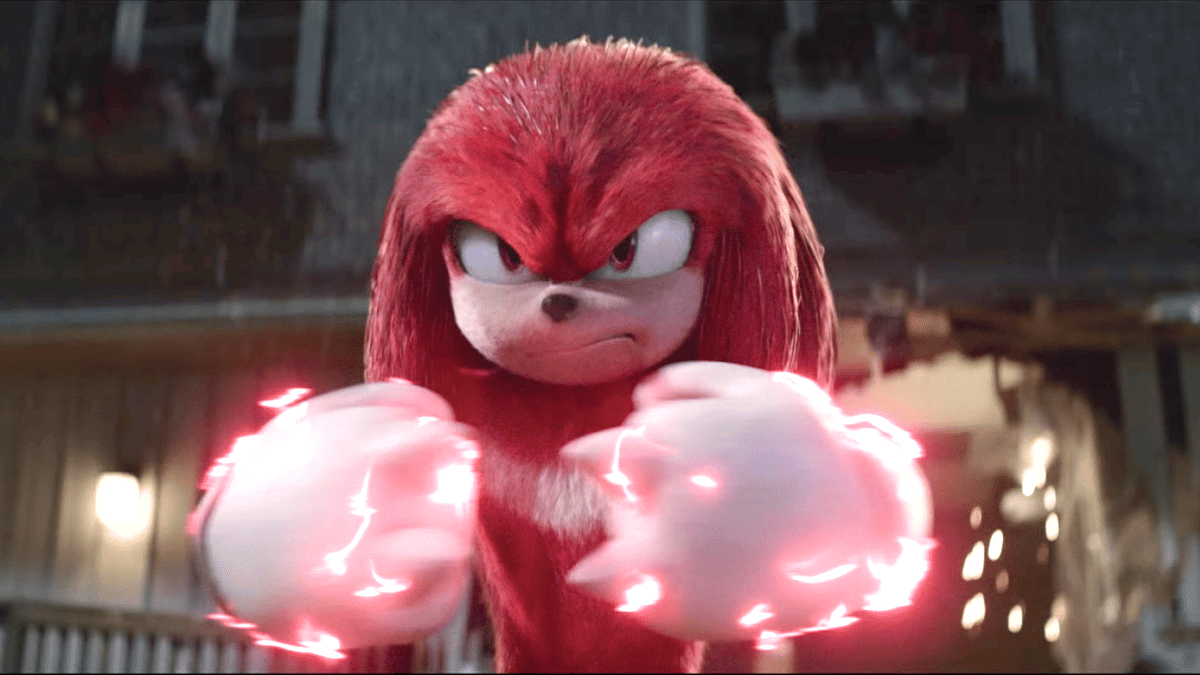Did I know that I always wanted a game that blends the addiction of a good roguelite with the aesthetics of A Link to the Past? Well, not really, but I’m certainly glad it exists. Developed by Heliocentric Studios, Rogue Heroes: Ruins of Tasos takes that concept, throws in some basic town-building elements, and tosses you into an open world that’s teeming with dangerous monsters and plenty of secrets. And while it doesn’t do anything remotely new with these ideas, Rogue Heroes combines them in a fun and engaging way. During my first session, I quickly sunk four uninterrupted hours into my adventure, solidifying my love for the world and its pixel-art inhabitants.
Storywise, you’re tasked with eliminating four Titans who dwell within the bowels of four procedurally generated dungeons. These villains were locked away by some badass goddesses a long time ago, but the seals that held them at bay have started to weaken. As a result, a torrent of monsters has swarmed the land, and it’s up to you to restore order. Using a small town as your base of operation, you’ll head out into the world and delve into these dungeons in an effort to destroy the evil that dwells within. It’s not the most original of setups, but what Rogue Heroes lacks in originality it makes up for with solid gameplay and plenty of heart.

Rogue Heroes pretty much consists of four major components: open-world exploration, dungeon crawling, town management, and character growth. When you first begin exploring the world of Tasos, you’ll quickly discover that you’re woefully underpowered to handle the vast majority of the monsters you’ll find. With a little time and patience, however, you’ll stumble upon the first dungeon and its inhabitants, who will make quick work of you. Thankfully, you’ll gather gems while inside this dungeon, which will allow you to both upgrade the town and level up your hero. However, before you can start sprucing up your character, you’ll need to pump gems into the town.
Gems can afford you quite a bit when you begin financing different buildings, and before long, you’ll have a small hospital, a blacksmith, a tailor, and other important stores and services at your disposal. Although each one has its own set of perks and strengths, the tailor is perhaps the most beneficial if you’re unhappy with the starting class. With the tailor, you gradually begin to unlock different classes, allowing you to play as a knight, mage, thief, or a handful of others that will change up the way you play the game. I pretty much stuck with the basic “balanced” class until I was able to switch up the knight, as I’m more a tank kind of player than anything else. However, since the game has hooked me enough to give it another playthrough, I fully intend to try the other classes.

Thankfully, leveling up your character doesn’t feel like a total grind. Sure, you’ll need to spend quite a bit of time killing monsters and gathering gems to flesh out your character, but Rogue Heroes dishes out its currency in a very fair and rewarding manner. Naturally, you’ll spend most of your time in combat, which feels pretty basic compared to other modern action RPGs. It’s a slightly more fluid system found in the older Legend of Zelda games, right down to the use of boomerangs and bows. Even the puzzles you’ll encounter feel Zelda-esque in their design and execution. In fact, you’ll probably get deja vu while playing Rogue Heroes, and that’s okay — the developers clearly have no problem wearing their inspiration on their sleeves. How you feel about this depends on your opinion of Zelda.
And that’s probably Rogue Heroes’ biggest problem: it feels too familiar. Even with the procedurally generated dungeons, you have this nagging feeling that you’ve done all of this before in other games. At the end of the day, you’re getting a rogue Legend of Zelda clone — albeit a very polished and enjoyable clone — that does little to build upon the foundation set by A Link to the Past. Although I enjoyed every minute of the game, I couldn’t help but wish that Heliocentric Studios had tried to shake up the formula beyond adding some roguelite elements into the mix. It just left me wanting more. But when all’s said and done, I enjoyed my single-player experience with Rogue Heroes.

The much-ballyhooed co-op experience left me a little deflated, unfortunately. I played with a friend who also owns Rogue Heroes, and we encountered a number of odd bugs and numerous problems during our few sessions together. Sure, working on some of the dungeon puzzles feels a bit more organic when you have someone else watching your back, but it’s not worth the frustration generated by the hiccups and bugs we faced during our adventure. Apparently, the developers are doing their best to hammer out these problems, but as of this review, co-op doesn’t provide the same sense of joy as the single-player journeys. In fact, after a few ho-hum co-op sessions, I didn’t feel the need to return to it. Playing by myself, and exploring the world on my own terms, felt much more enjoyable.
Despite these co-op issues and the sense of familiarity with the presentation, Rogue Heroes: Ruins of Tasos is a very fun and rewarding action rogue-lite RPG. The sense of progression feels great, the town-building component allows you to moderately customize your HQ, and the procedurally generated dungeons are a joy to explore — as long as you play by yourself. The co-op experience needs a little work before it becomes a major selling point, but that doesn’t matter if you prefer to tackle the Titans and their minions on your own. Out of all the roguelites that seem to pop up on a regular basis these days, Rogue Heroes manages to separate itself from the hoard by giving players a wonderful world to explore, several classes to unlock, and a fair amount of nostalgia for those of us who grew up with the Zelda franchise. Once you shake off the sense of deja vu, you’ll find there’s plenty to love about this adventure.
This review is based on the PC version of the game. A copy was provided to us by Team17.






